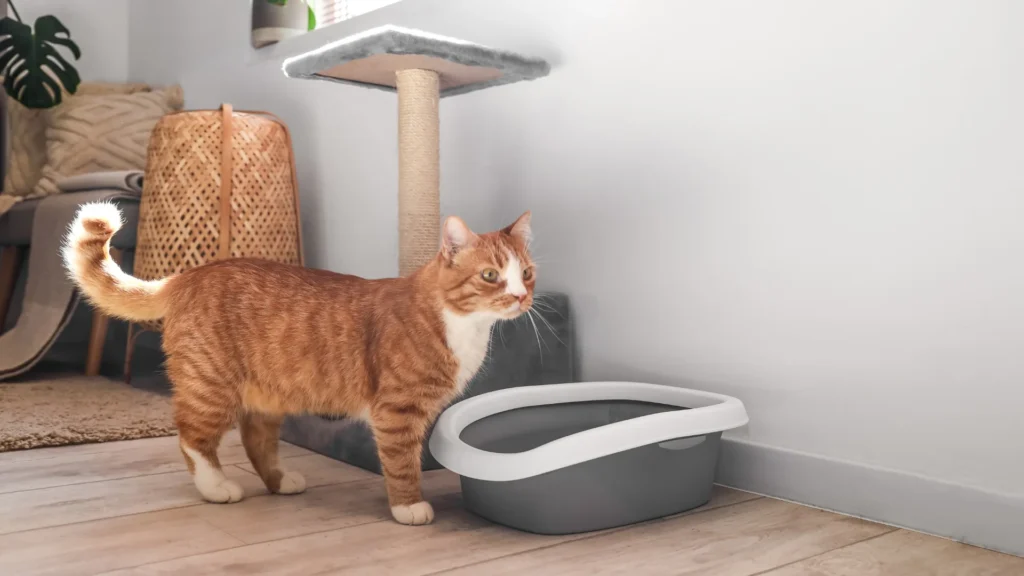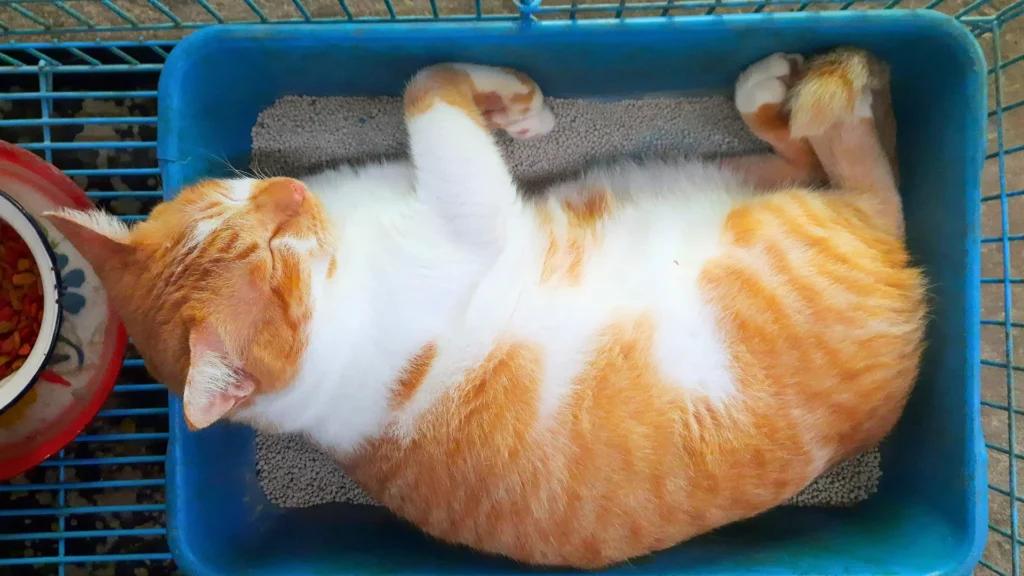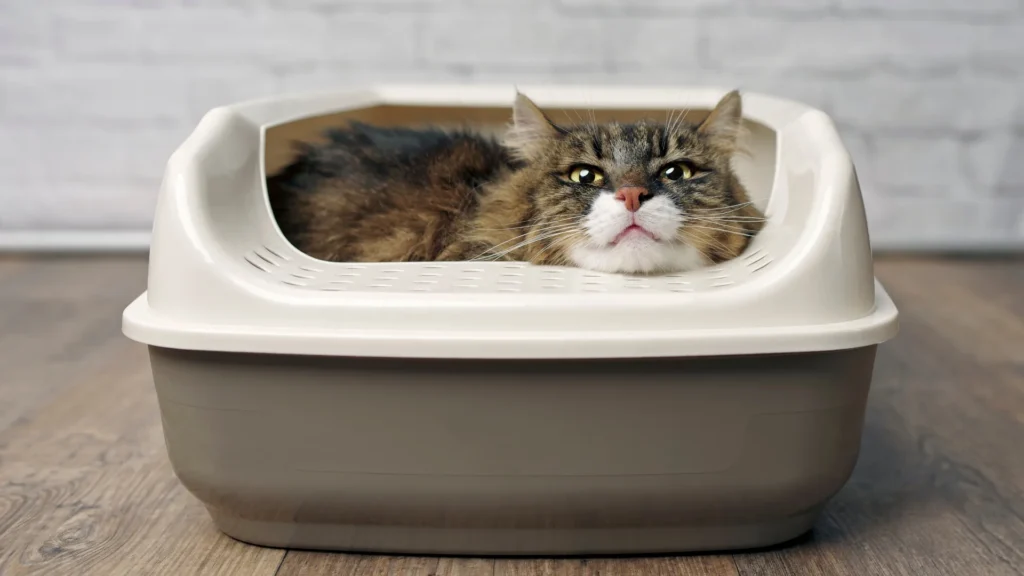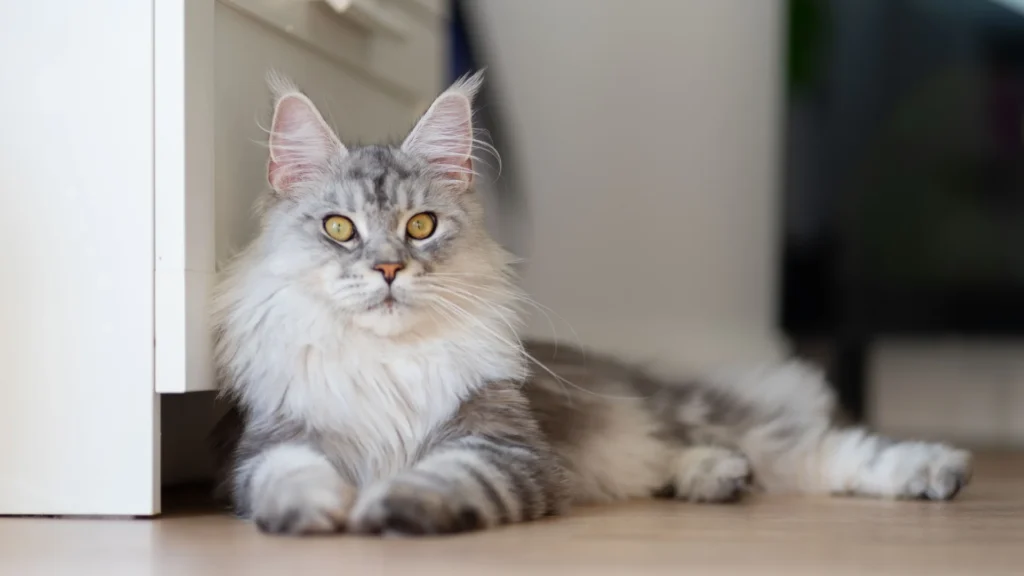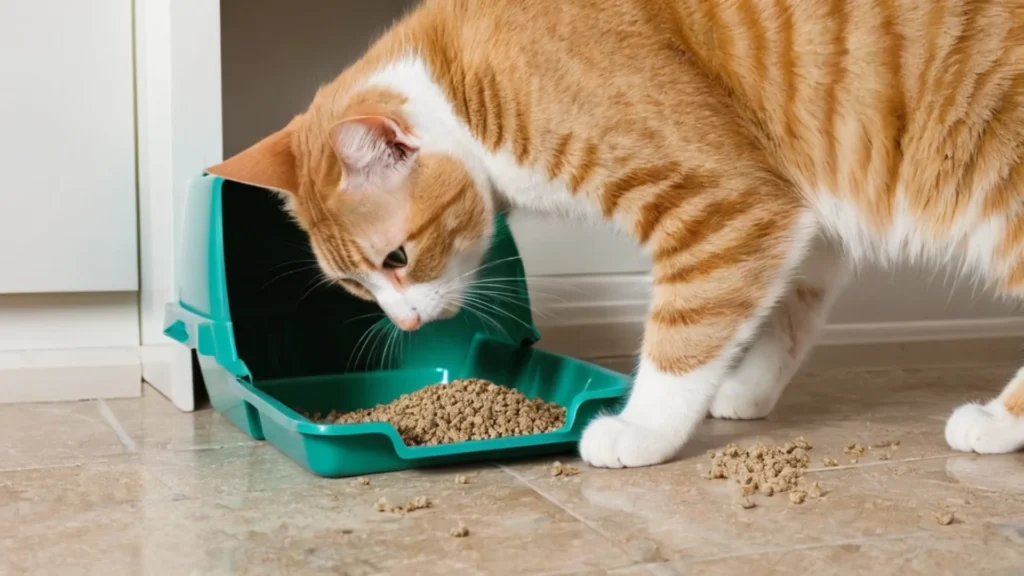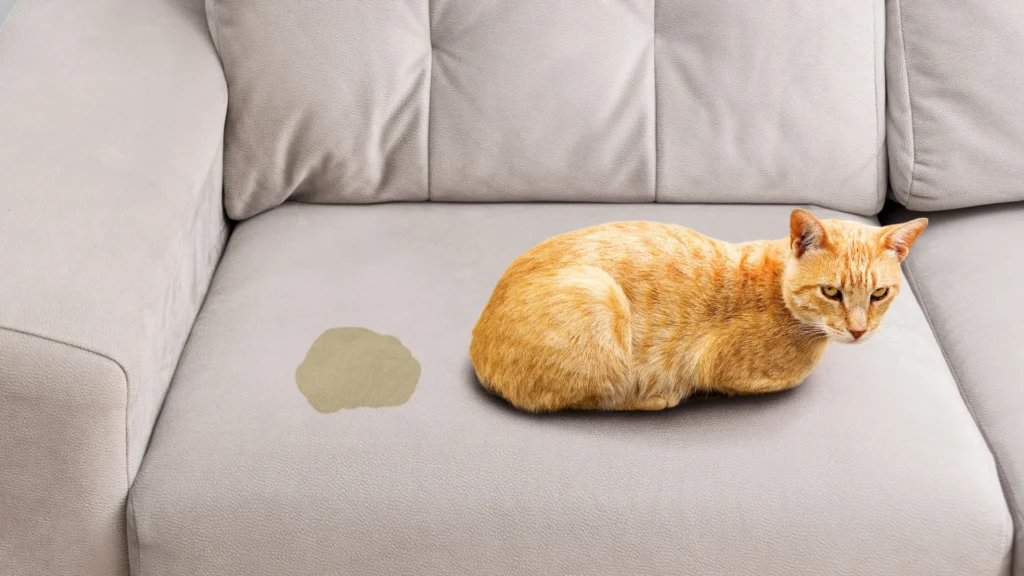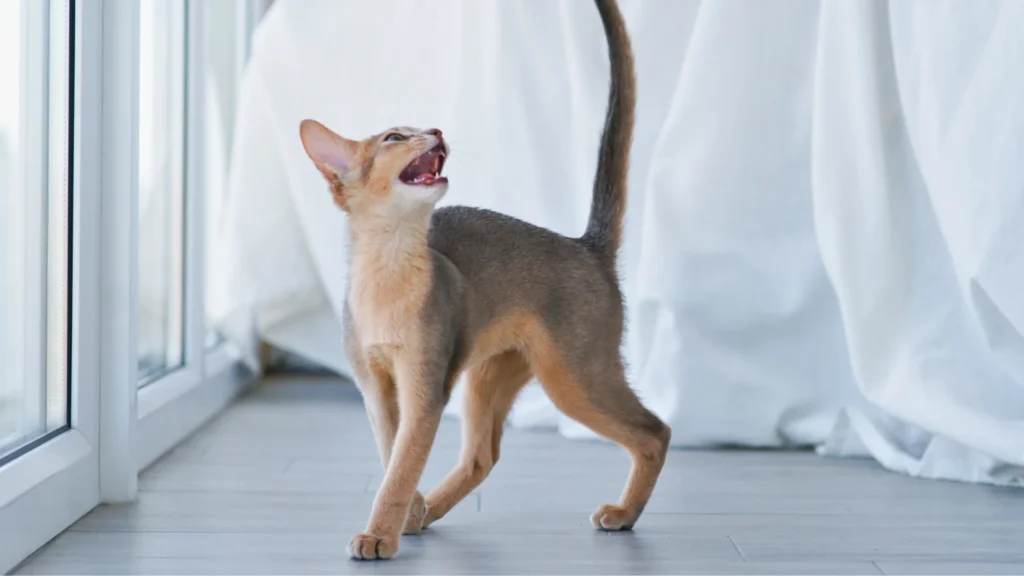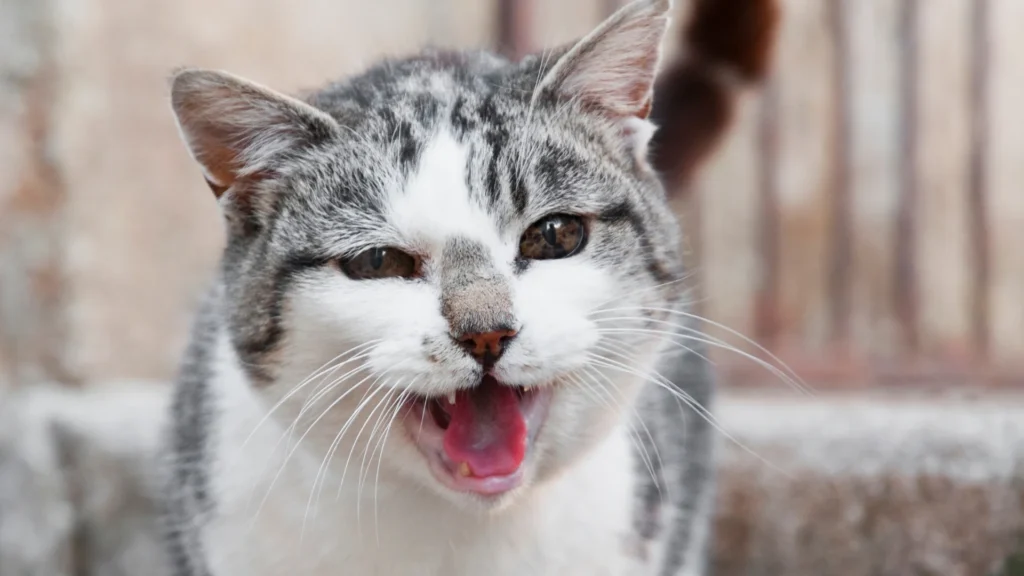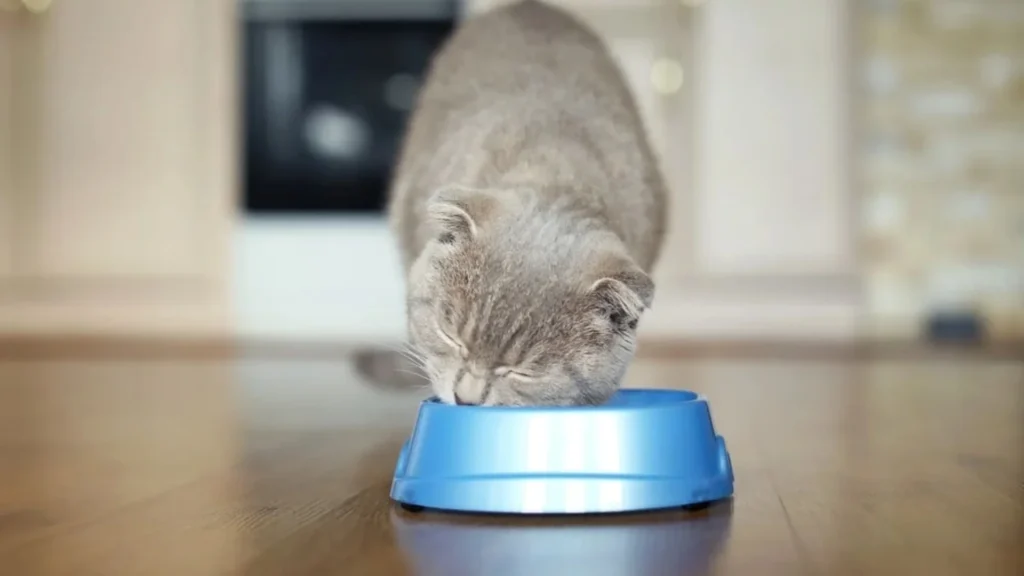Table of Contents
If you’ve ever asked yourself, “Why does my cat choose to walk on me?” you’re not alone. With their complex and often mischievous personalities, cats have a unique way of expressing their emotions and needs. From seeking warmth and comfort to marking their territory, Each step your cat takes on you is a form of difficult feline conversation.
As we examine this strange behavior, we’ll uncover not just why cats choose to walk on their humans but also what it reveals about their affection, trust, and the unique bond they share with us.
Understanding this behavior can transform our perspective, turning a simple act into a meaningful expression of feline love.
Understanding Your Cat's Behavior: Why They Walk on You While You're Awake
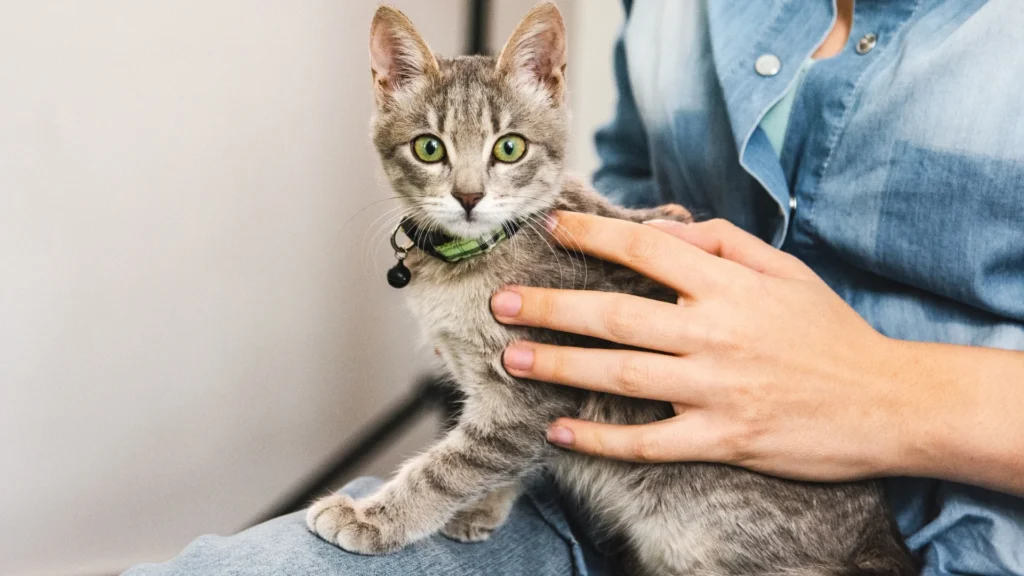
Cats often confuse their owners with their enigmatic behavior. One such behavior is when they walk over you while you’re engaged in activities like watching TV, reading, or working. Let’s look at what’s causing this behavior and how to deal with it.
Seeking Interaction and Love
Cats are more social than they’re often credited for. When your cat walks on you while you’re awake, it’s frequently a gesture of seeking interaction.
They might be looking for play, grooming, or cuddling time.
This behavior is also a way for your cat to express affection. By walking over you and leaving their scent, they symbolically claim you as part of their family, showing love and a sense of belonging.
Communicating Needs and Desires
Another reason your cat might walk on you is to communicate specific needs or desires. Cats are intelligent and have their ways of signaling their humans. Whether it’s a reminder of mealtime, a request for a treat, or signaling boredom, your cat uses this method to catch your attention. They might also walk on you with meowing or purring to express their feelings and seek your response.
Challenges of Cat Walking Behavior
While this behavior is often endearing, it can sometimes pose challenges. It might disrupt focus, scratch skin, or even trigger allergies. If you find your cat’s habit of walking on you while awake troublesome, there are effective ways to manage it, ensuring comfort for you and your feline friend.
How Do I Deal with the Moment When the Cat Walks on Me?
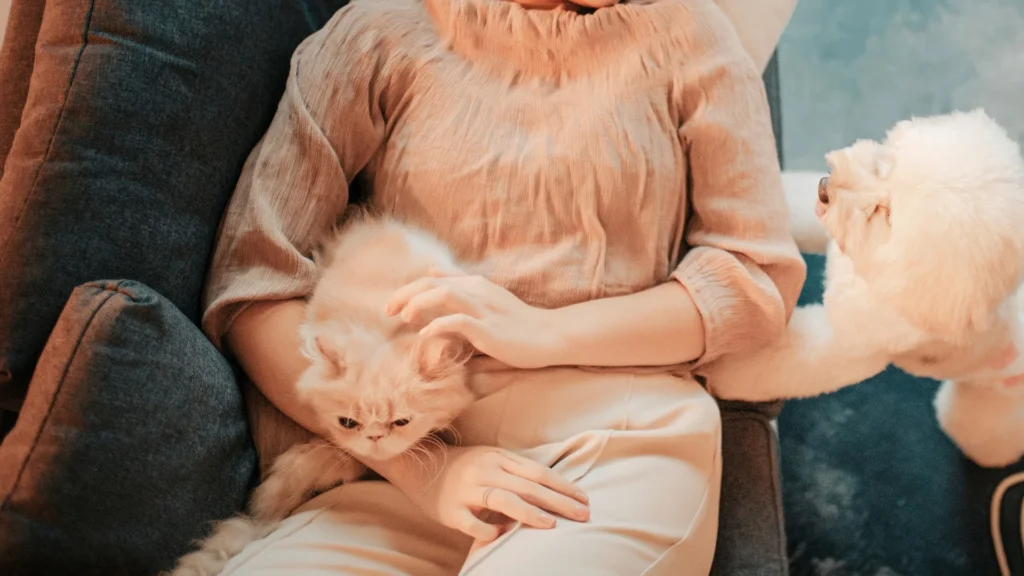
1 . Create a Comfortable Alternative:
Provide your cat with a cozy sleeping spot of their own. This could be a cat bed, a warm blanket, or a cushion in a quiet corner of your room.
You can encourage your cat to sleep by placing it near your bed and gradually moving it to your preferred spot. Adding items with your scent, like an old t-shirt, can make the new site more appealing.
2 . Maintain a Consistent Routine:
Cats thrive on routine. Try to keep consistent feeding, play, and sleep times. Engage your cat with playtime before bed to expend their energy. A tired cat is likelier to sleep through the night without disturbing you.
3 . Limit Attention During Nighttime Misbehavior:
If your cat walks on you, avoid giving them attention, like petting or talking to them, as this can reinforce the behavior. Instead, gently place them on the floor or their bed each time they do this. Consistency is vital; they will eventually learn that walking on you does not yield attention or rewards.
Why Do Cats Walk On Me while I sleep?
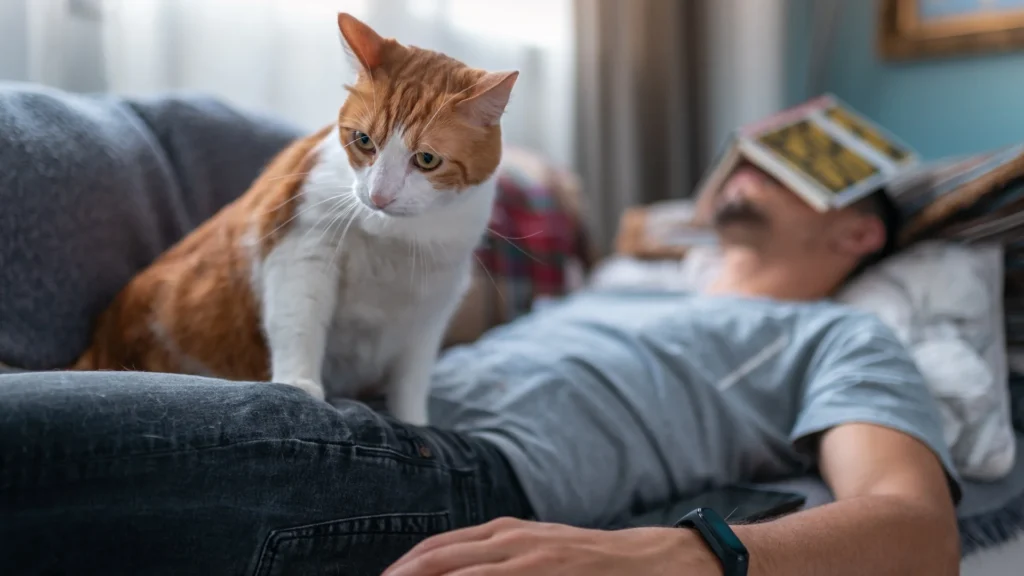
Cats naturally tend to be curious and enjoy exploring their surroundings., even when that environment includes their sleeping owner.
Walking on you might be part of their nightly exploration routine. Your bed represents a significant part of their territory, and they feel the need to patrol and explore it, even if it means walking over you.
Your Cat Is Keeping an Eye on You:
Think of your cat as a little furry guardian. When they walk on you while you’re sleeping, it’s often their way of making sure you’re okay. Your cat does the same, like a friend might check in on you. They can tell a lot from your smell and breathing, so they ensure everything is normal.
It's Part of Their Daily Routine:
Cats love a good routine. If your cat has gotten into walking on you at a particular time, it’s probably part of their daily schedule. It’s like their way of saying, “Hey, it’s morning, time to wake up!” or “It’s bedtime now.” It’s just what they’re used to doing.
Looking for Comfort When They're Nervous:
Cats can get nervous if things change around the house or in their lives. Walking on you while you sleep might be their way of finding comfort.
It’s like when we hug a teddy bear or a pillow when we’re not feeling great. Being close to you makes them feel safer and helps calm them down.
Seeking Attention and Interaction:
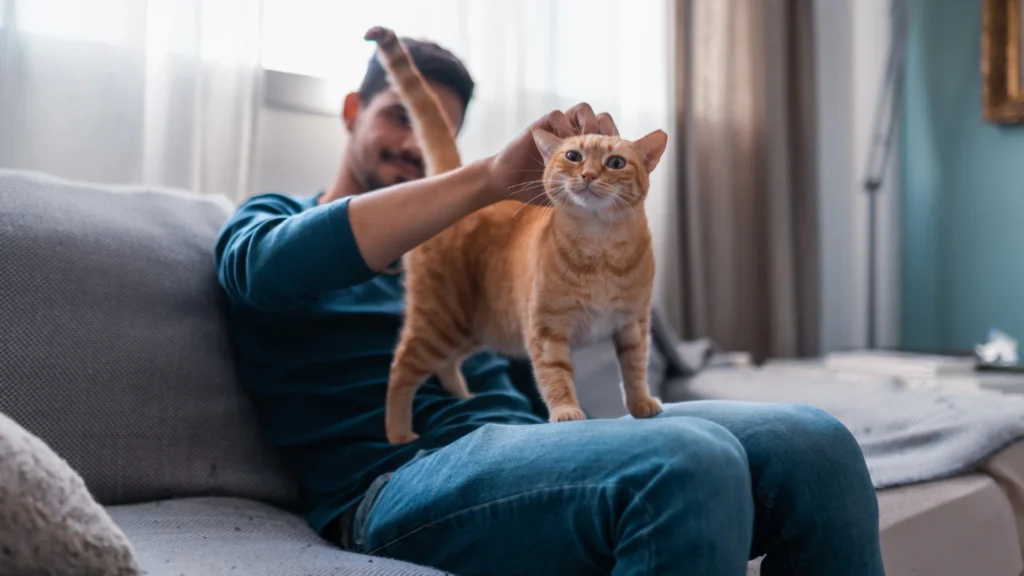
If you’ve been particularly busy or have little time to interact with your cat during the day, they might walk on you at night as a way of getting some much-needed attention. Cats crave interaction and engagement, especially those very bonded with their owners.
If they feel like they haven’t had enough of that during the day, they might use your sleeping hours to gently remind you that they’re there and would like some cuddles or playtime.
Responding to Your Sleep Patterns:
Cats are very in tune with their owners and can pick up on changes in your sleep patterns. If you’re a restless sleeper or if your schedule has recently changed (like staying up late or waking up at different times), your cat may respond to these changes by walking on you.
They’re reacting to your movements or the lack thereof, which might be their way of investigating what’s different. For instance, if you usually wake up early but sleep in, your cat might walk on you to say, “Hey, aren’t you supposed to be up by now?”
How Can I Get My Cat to Stop Standing on Me?
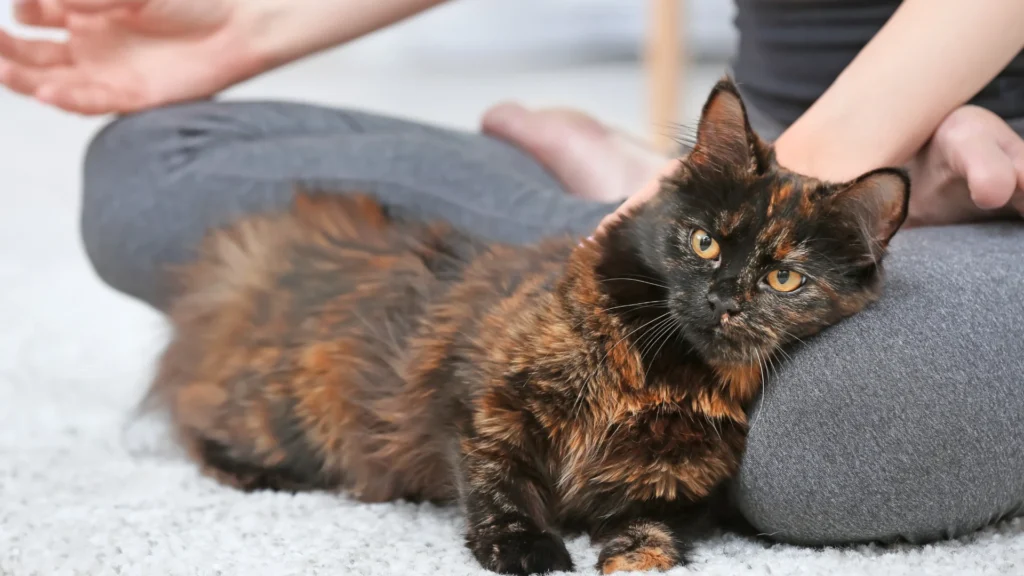
Establishing Boundaries with Your Cat
It’s crucial to establish boundaries gently but firmly to prevent your cat from walking on you. Begin by gently placing your cat on the floor each time they attempt to walk on you while saying a calm “no.”
Consistency is critical here; repeat this action every time they do it to reinforce the message. It’s also beneficial to provide a comfy alternative spot for your cat nearby, like a soft cat bed or a blanket, so they have a designated place to settle down close to you.
Redirecting Your Cat's Attention
Redirection plays a vital role in changing this behavior. When your cat approaches to walk on you, immediately redirect their attention to something more appealing, like a favorite toy or a treat.
Engaging them in a play session at this time can be particularly effective. This not only diverts their behavior but also provides them with a positive outlet for their energy and curiosity.
Creating an Interesting Environment
Finally, providing an enjoyable setting for your cat can dramatically minimize the need to seek your attention. This includes having scratching posts, interactive toys, and regular playtime.
Frequently Asked Question
Cats often walk on their sleeping owners to seek comfort and warmth. Your steady breathing and body heat provide a soothing environment, and this behavior can also be part of their routine to check on you or seek attention.
Yes, cats may walk on you to communicate their needs, such as hunger or a desire for attention. It’s also their way of showing affection and marking you as part of their territory with the scent glands in their paws.
To discourage this behavior, consistently redirect your cat to a comfortable spot nearby whenever it tries to walk on you. Avoid giving attention when they do this, and provide affection when they settle in their own space.
While it’s often a normal behavior, excessive walking on you, especially combined with other changes in behavior, might indicate stress, anxiety, or health issues. If you notice any concerning changes, it’s a good idea to consult a veterinarian.
Conclusion
The quirky behavior of cats walking on their owners is more than just a random act; it’s a multifaceted expression of their affection, curiosity, and communication. From seeking warmth and comfort to expressing their needs, each step your cat takes across you is a small insight into their complex world.
As cat owners, understanding these behaviors deepens our bond with our feline friends, allowing us to appreciate these moments as more than just an inconvenience but a unique form of love and interaction.


